“We Are Striving To Maintain A Degree Of Balance”
- Par Brenda YUFEH
- 13 août 2025 12:53
- 0 Likes
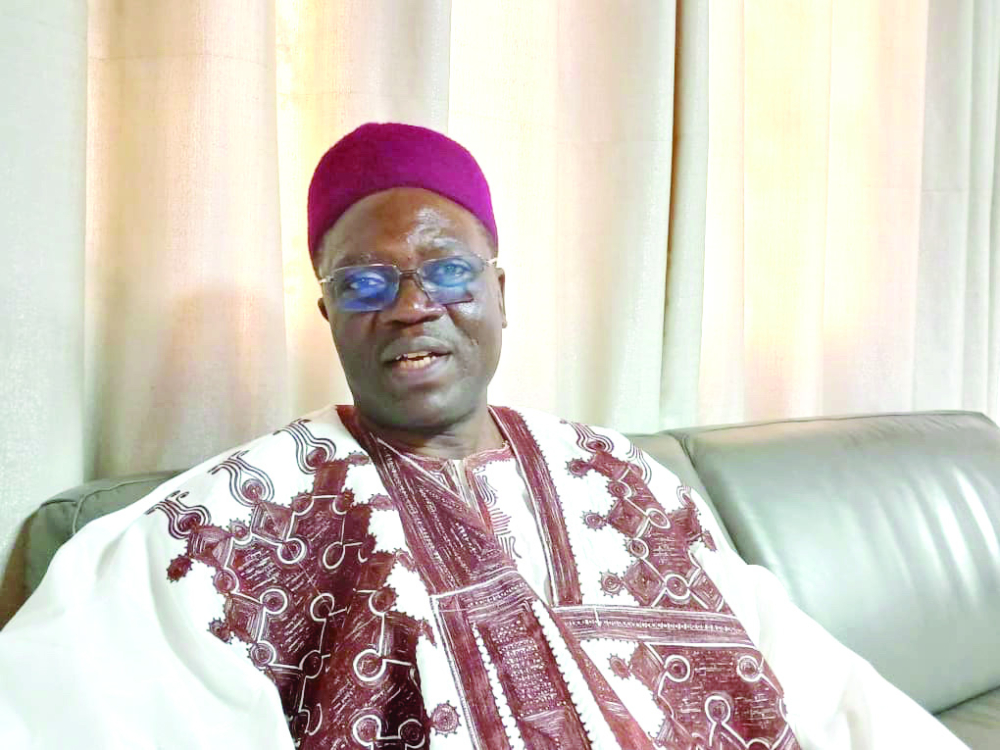
Joseph Chebongkeng Kalabubsu, President of the National Communication Council.
Although the electoral campaign has not officially begun, several candidates are already very active on social and traditional media. How does the National Council of Communication (CNC) react to this situation?
Given the heightened political activity in the country, it is no surprise that political candidates are leveraging social media to promote themselves during the pre-campaign period, taking advantage of the current regulatory gap. Media regulation during this period is indeed complex. Social media has emerged as a significant supplement to traditional media, creating new challenges for regulators. The blending of these two spheres requires adaptive and nuanced regulatory approaches. Social media's open nature allows political candidates to freely promote themselves ahead of the regulated campaign period. We have previously brought this issue to the government's attention, highlighting the importance of social media in future elections, given that over 50 per cent of Cameroonians own smartphones. This platform provides an unmoderated space for self-promotion. As a regulatory body, the NCC is guided by the law in its content regulation efforts, which includes sanctioning non-compliant parties. Additionally, we advise the government and engage with media organisations to educate them on press freedom and content regulation.
There is currently no specific legal framework for pre-campaign activities on new media. Under these conditions, what is the NCC room for manoeuvre to regulate this space during the pre-electoral period?
Currently, the National Communication Council (NCC) currently lacks sufficient legal mechanisms to fully regulate social media. We are observing the media landscape and striving to maintain a degree of balance. When we identify harmful or hateful content, such as hate speech or misinformation, we notify the relevant authorities, including ANTIC, to take appropriate action, including removal or flagging of such content.
Would an evolution of the law not clarify things and prevent potential abuses?
At this moment, considering legal evolution is challenging. Amending the legal framework to regulate social media during the pre-electoral period would require parliamentary approval, which is unlikely given the current time constraints and parliamentary recess. Moreover, social media platforms are subject to laws from their countries of origin, which often conflict with Cameroonian legislation. This discrepancy creates challenges when enforcing local regulations, as our standards may not align with theirs. While we have established productive contacts with platforms like Meta and TikT...
Cet article complet est réservé aux abonnés
Déjà abonné ? Identifiez-vous >
Accédez en illimité à Cameroon Tribune Digital à partir de 26250 FCFA
Je M'abonne1 minute suffit pour vous abonner à Cameroon Tribune Digital !
- Votre numéro spécial cameroon-tribune en version numérique
- Des encarts
- Des appels d'offres exclusives
- D'avant-première (accès 24h avant la publication)
- Des éditions consultables sur tous supports (smartphone, tablettes, PC)






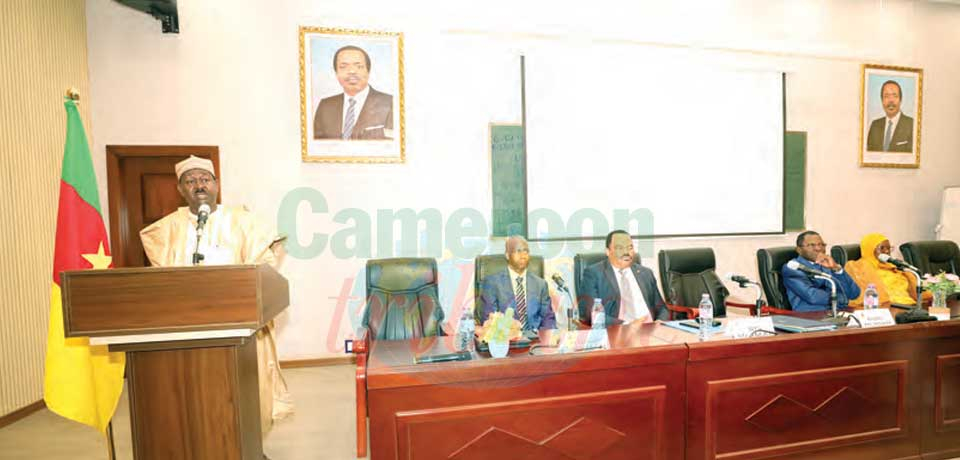
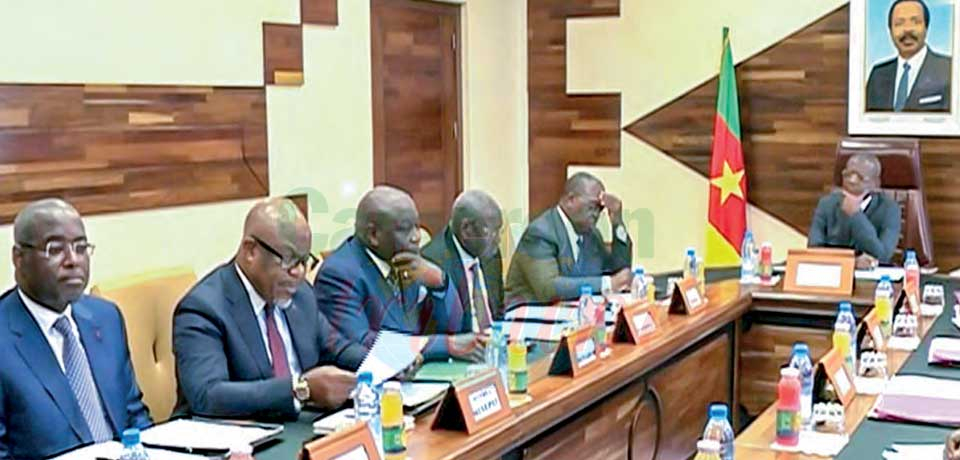
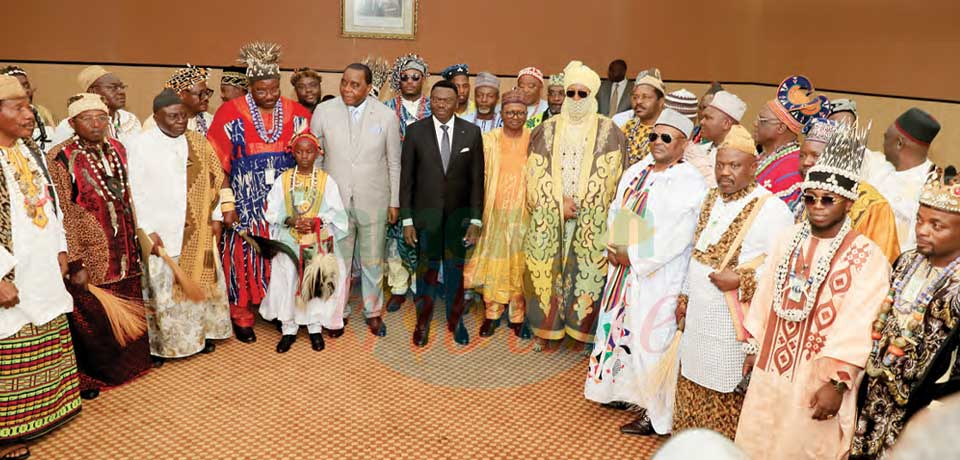
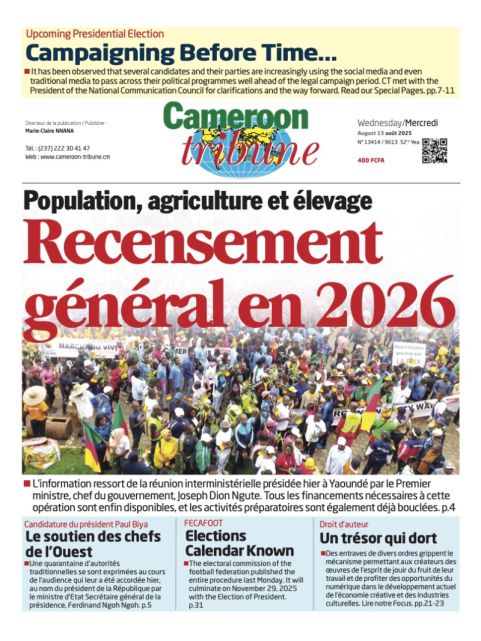




Commentaires